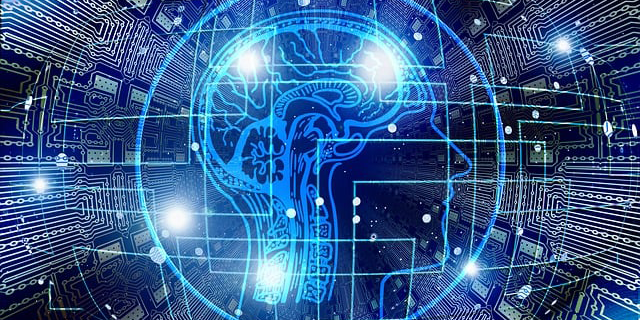
History of Big Data And Machine Learning?
The history of Big Data and Machine Learning can be traced back to the mid-20th century, when early computers began processing large datasets for scientific research. The term "Big Data" gained prominence in the 1990s as the volume of data generated by businesses and the internet exploded, leading to the development of new storage and processing technologies like Hadoop. Concurrently, machine learning, a subset of artificial intelligence, evolved from statistical methods and algorithms designed to enable computers to learn from data without explicit programming. The convergence of Big Data and machine learning has accelerated in the 21st century, driven by advancements in computational power, data storage solutions, and algorithmic innovations, allowing organizations to extract meaningful insights from vast amounts of information and automate decision-making processes.
**Brief Answer:** The history of Big Data and Machine Learning began in the mid-20th century with early computing and evolved significantly in the 1990s with the rise of large datasets and advanced algorithms. Their convergence in the 21st century has transformed data analysis and decision-making across various industries.
Advantages and Disadvantages of Big Data And Machine Learning?
Big Data and Machine Learning offer numerous advantages, including the ability to analyze vast amounts of data quickly, uncover patterns, and make data-driven decisions that can enhance efficiency and innovation across various sectors. They enable personalized experiences, predictive analytics, and improved operational efficiencies. However, there are also significant disadvantages, such as privacy concerns, the potential for biased algorithms, and the challenges associated with data management and security. Additionally, the reliance on large datasets may lead to overfitting in models if not managed properly. Balancing these advantages and disadvantages is crucial for organizations looking to leverage Big Data and Machine Learning effectively.

Benefits of Big Data And Machine Learning?
Big data and machine learning offer transformative benefits across various sectors by enabling organizations to harness vast amounts of data for insightful decision-making. By analyzing large datasets, businesses can uncover patterns and trends that were previously hidden, leading to improved operational efficiency, enhanced customer experiences, and more accurate predictive analytics. Machine learning algorithms can automate processes, optimize resource allocation, and personalize services, thereby driving innovation and competitive advantage. Additionally, the integration of big data with machine learning facilitates real-time analysis, allowing organizations to respond swiftly to market changes and emerging opportunities.
**Brief Answer:** The benefits of big data and machine learning include improved decision-making through data-driven insights, enhanced operational efficiency, personalized customer experiences, automation of processes, and the ability to quickly adapt to market changes.
Challenges of Big Data And Machine Learning?
The challenges of big data and machine learning are multifaceted, encompassing issues related to data quality, privacy, and computational resources. One significant challenge is the sheer volume and variety of data, which can lead to difficulties in data integration and preprocessing. Inconsistent or incomplete data can hinder model performance and accuracy. Additionally, concerns around data privacy and security are paramount, especially with regulations like GDPR imposing strict guidelines on data usage. Furthermore, the computational demands for processing large datasets can strain existing infrastructure, requiring advanced hardware and optimized algorithms. Lastly, there is the challenge of interpretability; as machine learning models become more complex, understanding their decision-making processes becomes increasingly difficult, raising ethical considerations in their deployment.
In summary, the challenges of big data and machine learning include data quality issues, privacy concerns, high computational requirements, and the need for model interpretability.


Find talent or help about Big Data And Machine Learning?
Finding talent or assistance in the fields of Big Data and Machine Learning is crucial for organizations looking to leverage data-driven insights for strategic decision-making. Companies can seek skilled professionals through various channels, including online job platforms, professional networking sites like LinkedIn, and specialized recruitment agencies that focus on tech talent. Additionally, engaging with academic institutions and attending industry conferences can help connect businesses with emerging talent and experts in the field. For those needing immediate support, consulting firms and freelance platforms offer access to experienced data scientists and machine learning engineers who can provide tailored solutions to specific challenges.
**Brief Answer:** To find talent in Big Data and Machine Learning, utilize job platforms, network on LinkedIn, collaborate with universities, attend industry events, or hire consultants and freelancers for immediate expertise.









